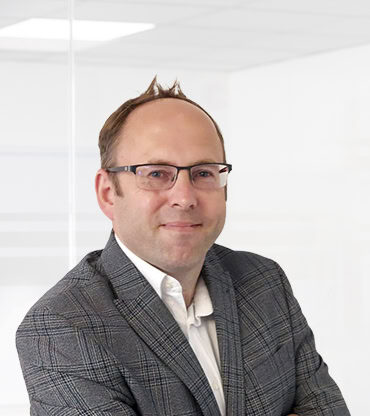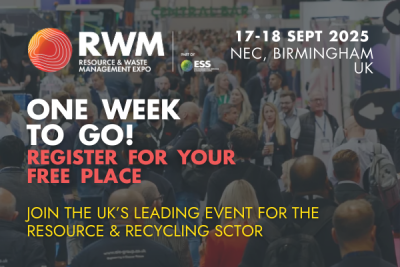OPINION: The waste sector and the leaders of the businesses within it currently have their hands full in adapting to fast changing and uncertain times, coupled with the day-to-day issues of running waste companies and managing the UK’s vast quantities of waste in what is often a hard and dirty business, facing challenges both internally and externally.

The pace of change is faster, the risks sharper, and the need for real innovation more urgent than ever. What’s striking to me is how the sector seems to be in a permanent state of transition, constantly shifting in response to regulatory proposals, environmental expectations, and technological change. And yet, so much remains stubbornly familiar: illegal dumping persists, waste fires still break out, and attracting the next generation of talent remains a persistent uphill struggle.
Take the recent landfill tax consultation. There’s a huge question whether the proposals from these are likely to combat waste crime, a big issue for our sector, or in fact lead to an increase in illegal waste dumping as a result of the potential removal of the lower rate tax band.
Related to that, AI could have an impact in reducing and controlling waste crime. Innovation in this space, which is already being trialled and used in some parts of the world, is now being explored by some UK operators, and I suspect this will become a growing theme in how we try to outpace criminal activity in the sector.
Another perennial issue is waste fires, especially those caused by lithium-ion batteries. It’s a problem that appears to be on the increase despite much publicity around the subject, and a serious issue both at waste sites and on waste vehicles transporting waste. As well as endangering human life, these also cause harm to the environment and potential issues around insurance.
And while we’re fighting fires, sometimes literally, we’re also grappling with how to bring new talent and energy into the sector. How does a sector traditionally thought of as one which is not at the forefront of most school leavers’ and graduates’ minds (unless you were me!) attract and retain the best people? For an industry that touches every household and business, we remain curiously invisible to young talent. That needs to change. There is a wealth of opportunity here: from engineering and environmental science to law, tech and design. But unless we proactively reposition the industry, the skills gap will only widen.
Then there’s the looming trifecta of extended producer responsibility (EPR), digital waste tracking, and emissions trading schemes (ETS). There appears to be a lot of uncertainty in the sector regarding how government will implement and enforce much of the policy and how guidance from the regulator will shape this implementation.
All of this raises a question – are we ready for the next phase of this sector’s evolution? Because it’s clear that we’re heading into it, ready or not.
These are some of the themes I’ll be exploring in conversation with several of the industry’s leading voices during a session at ESS Expo taking place from 17-18th September at Birmingham’s NEC. I’ll be chairing a panel with senior figures from Grundon Waste Management, FCC Environment, Enfinium, Biffa, and Suez UK, as we try to untangle what the next 12 months might hold.
It promises to be a thought-provoking discussion. But more than that, I hope it serves as a catalyst. This is a sector filled with brilliant, resilient people. What we need now is a shared sense of direction, and the bravery to challenge the status quo, because the future of waste is about building a system that works, sustainably, for everyone.
Hear from Dr Anna Willetts and many more at the ESS Expo NEXT WEEK in Birmingham. Find out more here.








Subscribe for free